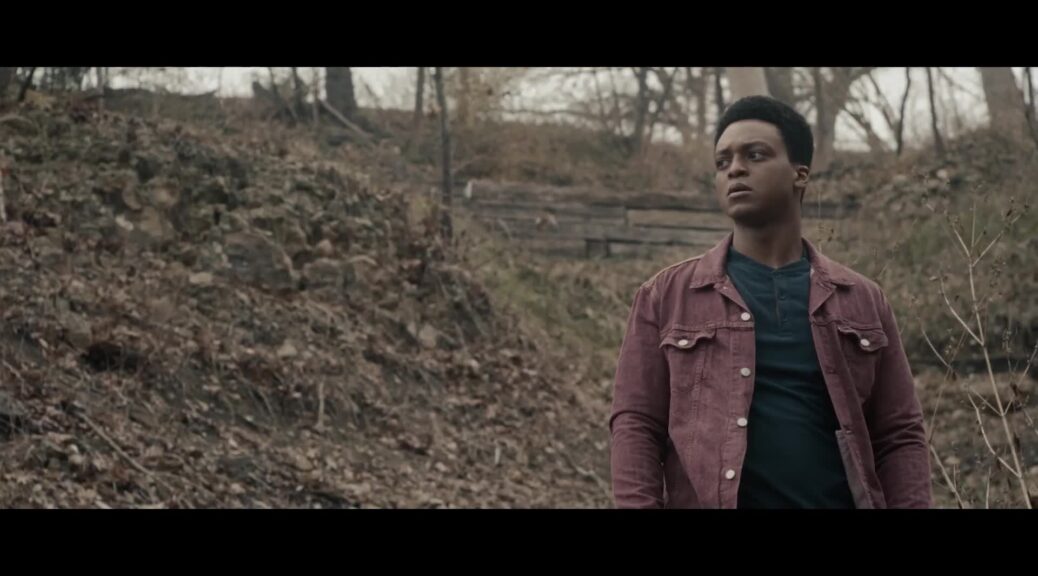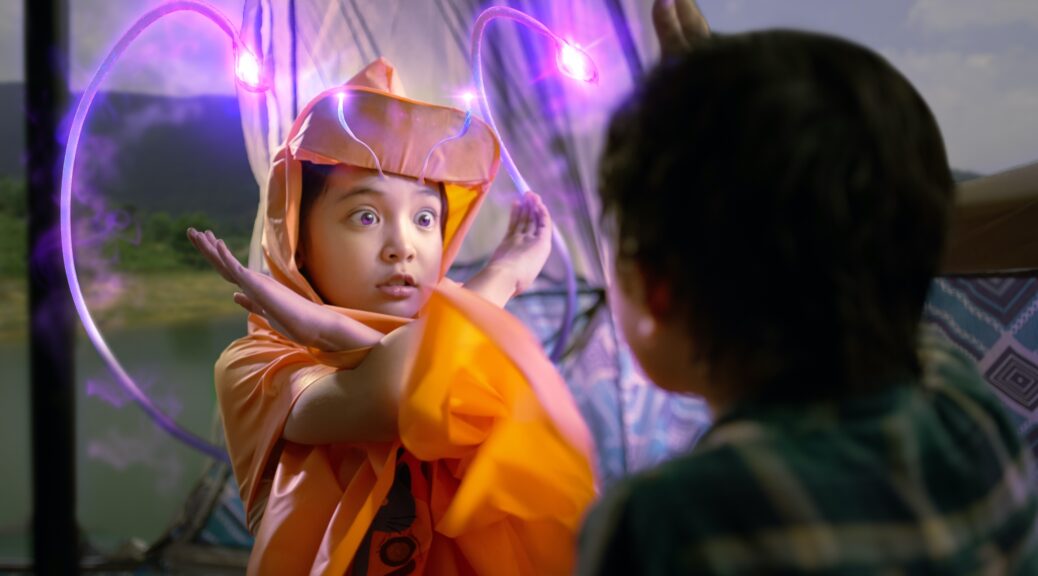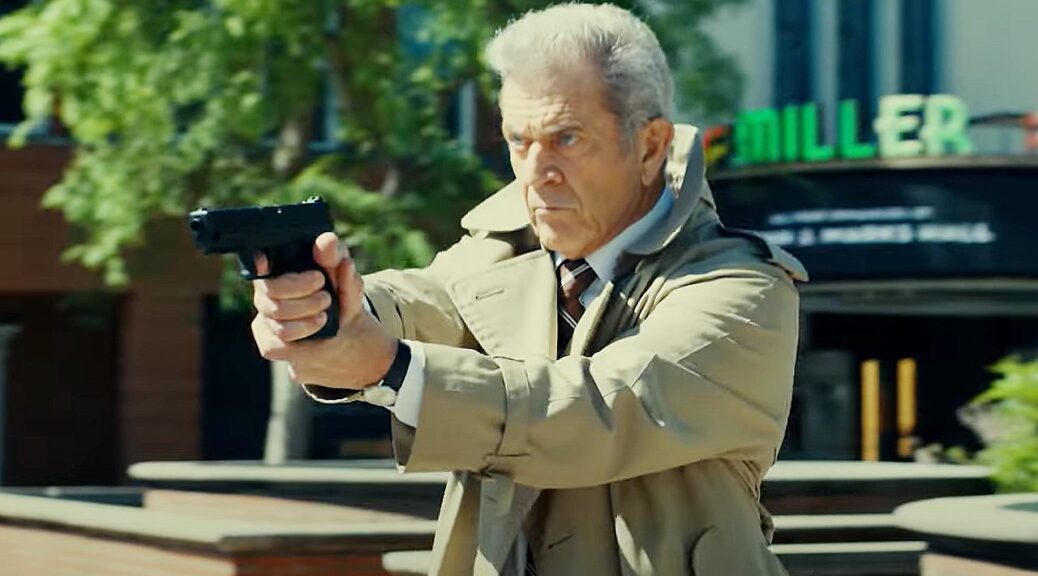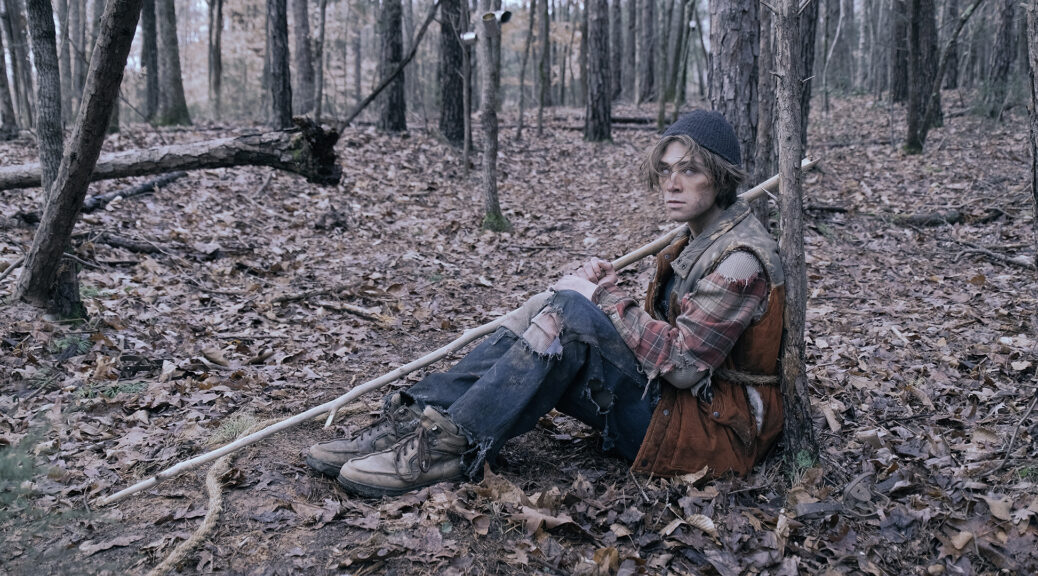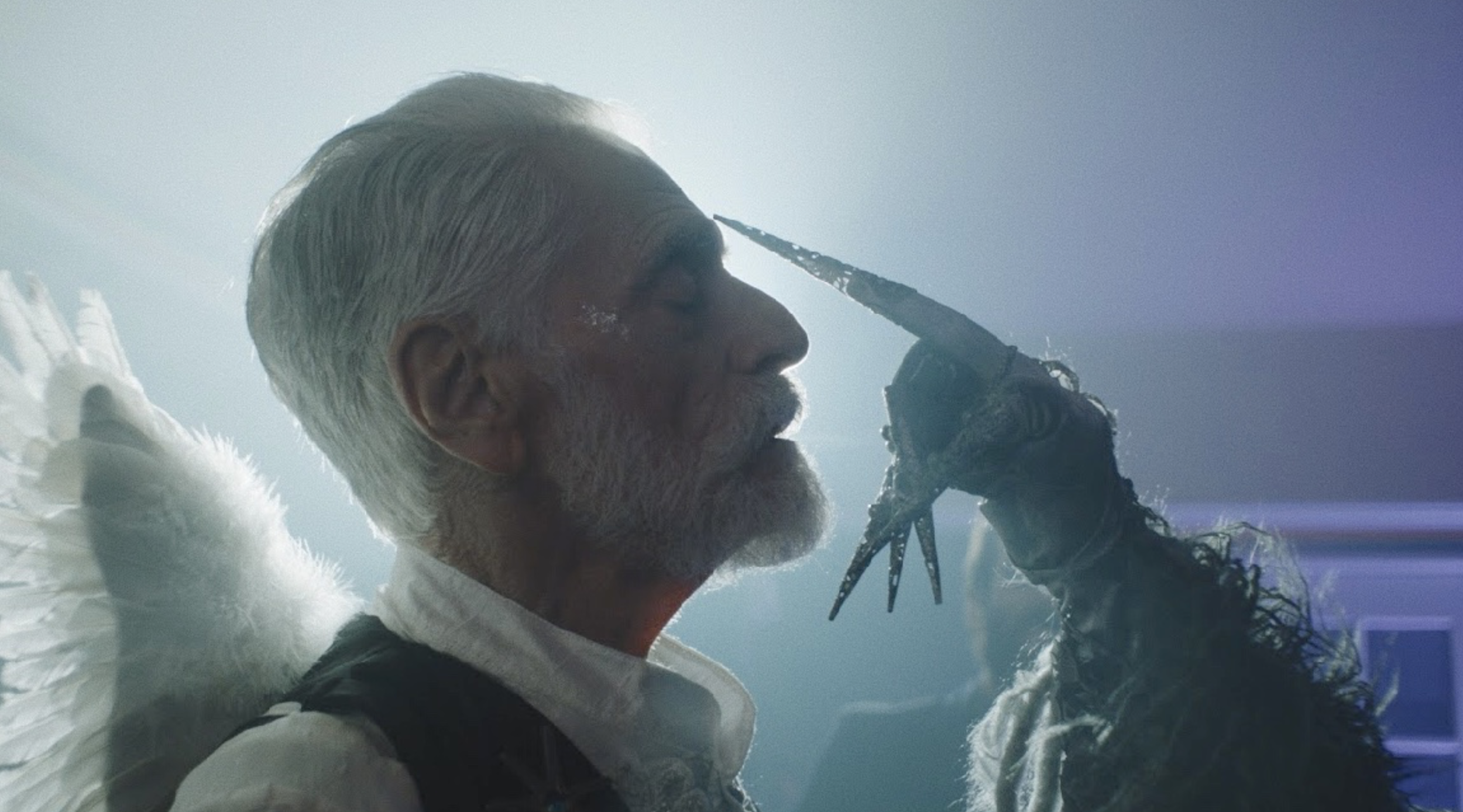The Summoned
by Tori Hanes
A tale as old as time: boy meets girl, girl convinces boy to accompany her on a couple’s retreat, couples retreat turns satanic. If we see this setup anymore, we’ll have to consider the trope its own genre.
Director Mark Meir’s The Summoned follows average mechanic and hopeful musician Elijiah (J. Quinton Johnson), as he accompanies his pop star girlfriend Joplyn (Emma Fitzpatrick) on a secluded (and exclusive) self-help retreat. Joined by a millionaire author (Salvador Chacon) and prissy movie star (Angela Gulner), the vacation quickly goes from life-changing to life-threatening.
Unfortunately, when drawing up appropriate criticisms or praises for The Summoned, the metaphorical canvas remains blank. That is to say: this film drives at a safe speed and steadily down the dead-center of the road. Never veering into terrible road bumps like uneven performances, loose script, or uninspired narrative. This also means it never hits the high speeds of stellar performances, transformative writing, or intriguing ideas.
The Summoned is competently made in almost every aspect. It looks pleasant, the cast is strong and is obvious in their chemistry, and the direction is solid. But you keep waiting for the twist of the knife, the moment where this film becomes a breathing piece. Unfortunately, that final push never comes, and the result is ultimately adept but magicless.
Perhaps the most enjoyable element of this film was the willingness to lean into camp. The performances offered by Gulner and Frederick Stuart as the flamboyant Dr. Frost gave even the most grisly moments appropriate levity. This levity is the ultimate grace the film needs to distance itself from gloom-obsessed horrors of the past (think Insidious, The Conjuring, etc.). It hits more closely to Jordan Peele’s Get Out, often pulling surprisingly snappy dialogue.
If you’re looking for an easy fright, check this film out. You won’t be disappointed. If you’re looking for a thought-provoking scare, you may wish you hadn’t been summoned.
